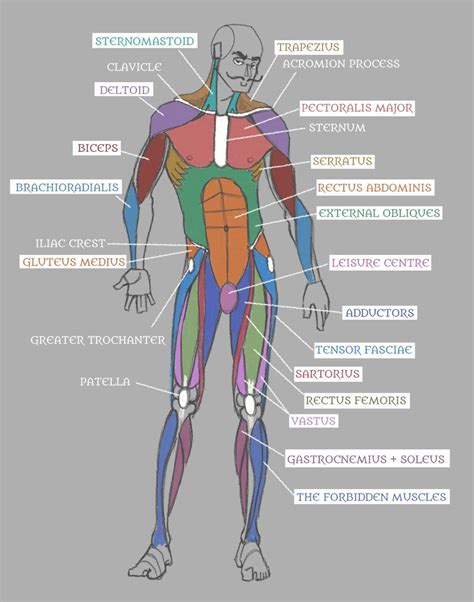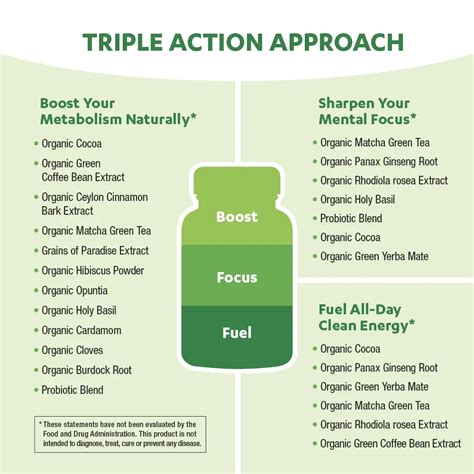Optimizing Performance Through Strategic Nutrition
In the pursuit of peak physical conditioning and sharp mental acuity, what we consume plays a pivotal role. The human body is a complex machine, and just like any high-performance engine, it demands the right type and quality of fuel to operate optimally. This isn’t just about powering through an intense gym session; it’s equally about maintaining the mental focus and clarity needed to execute exercises effectively, learn new movements, and stay motivated.

The Macronutrient Blueprint: Carbs, Protein, and Fats
The foundation of any performance-enhancing diet lies in a balanced intake of macronutrients. Carbohydrates are the body’s primary energy source, especially for high-intensity exercise and brain function. Complex carbohydrates like whole grains, fruits, and vegetables provide a sustained release of glucose, preventing energy crashes and maintaining focus. Adequate glycogen stores in muscles and the liver are crucial for enduring workouts.
Protein is essential for muscle repair and growth, but its role extends to neurotransmitter production, which impacts mood and cognitive function. Lean meats, fish, eggs, dairy, and plant-based proteins like legumes and tofu are vital. Healthy Fats, particularly omega-3 fatty acids found in fatty fish, flaxseeds, and walnuts, are critical for brain health, reducing inflammation, and providing a sustained energy source during longer, lower-intensity activities.

Micronutrients and Hydration: The Unsung Heroes
Beyond the macros, a spectrum of vitamins and minerals acts as cofactors for countless bodily processes, including energy production, nerve function, and mental well-being. B vitamins are crucial for converting food into energy, while magnesium supports muscle contraction and relaxation, and can aid in stress reduction. Iron is vital for oxygen transport, impacting stamina and preventing fatigue. Antioxidants from colorful fruits and vegetables protect brain cells from damage, enhancing cognitive function.
Often overlooked, hydration is paramount. Even mild dehydration can significantly impair both physical performance and mental concentration. Water facilitates nutrient transport, regulates body temperature, lubricates joints, and is crucial for neurotransmitter synthesis. Electrolytes, lost through sweat, also need replenishing to maintain fluid balance and nerve impulses.

Timing Your Fuel for Optimal Impact
When you eat is almost as important as what you eat. A pre-workout meal, ideally consumed 2-3 hours before exercise, should focus on complex carbohydrates and a moderate amount of protein to provide sustained energy and prevent muscle breakdown. Immediately post-workout (within 30-60 minutes), a combination of fast-acting carbohydrates and protein is crucial to replenish glycogen stores and initiate muscle repair.
For mental focus throughout the day and during training, consistent blood sugar levels are key. Avoid extreme fluctuations by opting for regular, balanced meals and snacks rather than sporadic large meals. Incorporating nutrient-dense foods that support brain health, such as berries, leafy greens, and nuts, can further enhance cognitive function and reduce mental fatigue.

Conclusion: A Holistic Approach to Performance Fuel
Achieving optimal gym performance and mental focus isn’t about a single magic food or supplement, but rather a holistic and consistent approach to nutrition. By strategically fueling your body with a balance of quality macronutrients, ensuring a rich intake of essential micronutrients, staying meticulously hydrated, and timing your meals effectively, you can unlock your full potential both physically and mentally. Treat your body like the high-performance machine it is, and it will reward you with sustained energy, improved strength, and unparalleled mental clarity.





